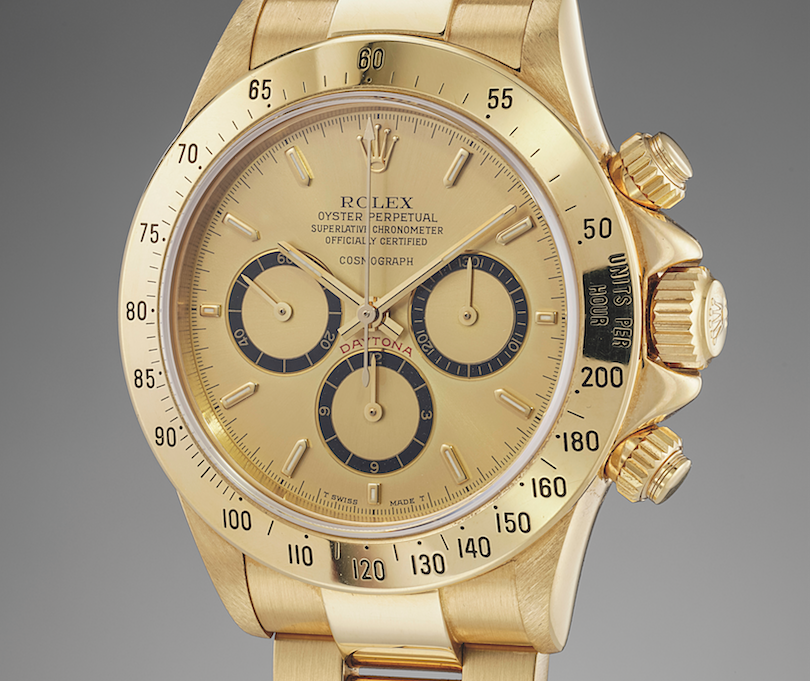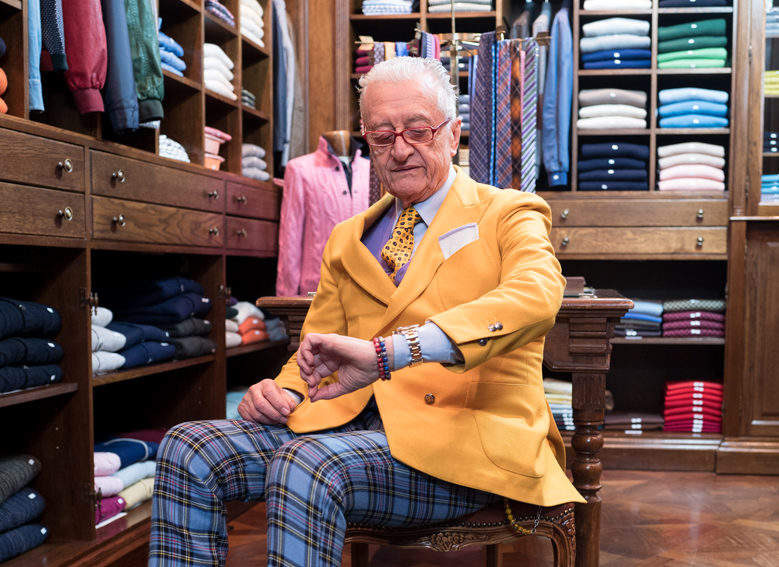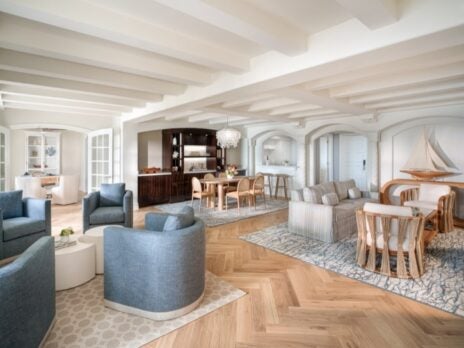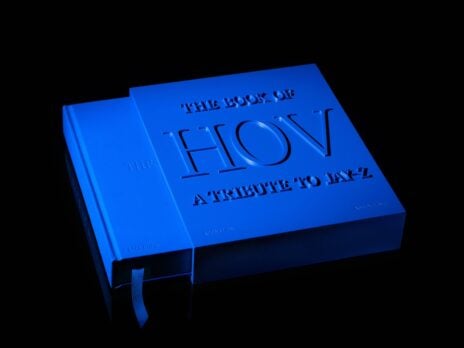
 In order to promote the exceptional heritage of the Avenches Roman Museum, Christophe Claret is creating a 3D film in partnership with the production company NVP3D. The film will feature the finest archaeological pieces from the capital of the Helvetii (a Gallic tribe living in Switzerland in the 1st century).
In order to promote the exceptional heritage of the Avenches Roman Museum, Christophe Claret is creating a 3D film in partnership with the production company NVP3D. The film will feature the finest archaeological pieces from the capital of the Helvetii (a Gallic tribe living in Switzerland in the 1st century).
Part of the ancient and prestigious capital of Aventicum remains buried beneath the feet of the inhabitants of Avenches. Regular excavations over the years have revealed the magnificence of this ancient city. Taken as a whole, the discoveries represent one of the richest sources about the Gallo-Roman era. The 3D film follows the discovery of objects dating back more than 2,000 years, providing unprecedented documentation of the site and its concealed treasures. Exceptionally high quality and well-preserved artifacts include a gold bust of the Emperor Marcus Aurelius, the remains of a water organ, thousands of coins with the likeness of Emperors, sculptures, mosaics and a plethora of objects from everyday life all attest to the wealth of the site.
Christophe Claret has decided to support this project by teaming up with the film producer, Philippe Nicolet, director of NVP3D. Together, they set themselves the objective, in agreement with the Museum management, to document the Aventicum collections in stereoscopic 3D, to be able to bring lasting images of unprecedented quality to the audience and researchers.
Avenches has considerable archaeological findings stored in its Museum’s warehouses. When Christophe Claret visited, he was particularly impressed by sculpted stones on two funerary monuments. These were discovered just under the surface as if they had been deliberately placed there to be rediscovered by future generations. While time has done its work and left its footprints, Christophe Claret now has the dream of seeing these funerary monuments restored, each one the size of a church! He imagines them exhibited in a glass showcase, in front of a new architectural building housing and exhibiting these major findings.
Christophe Claret believes that he has the duty of passing on a legacy. He sees watchmaking as a culture: a human, technical and aesthetic footprint left to history and promoted within his ateliers.






